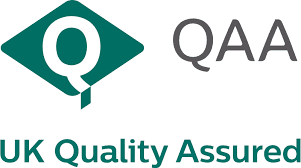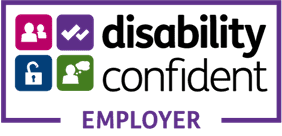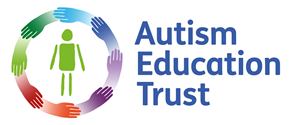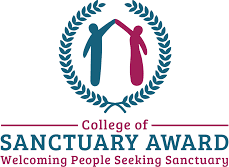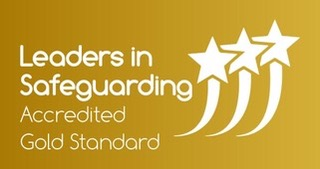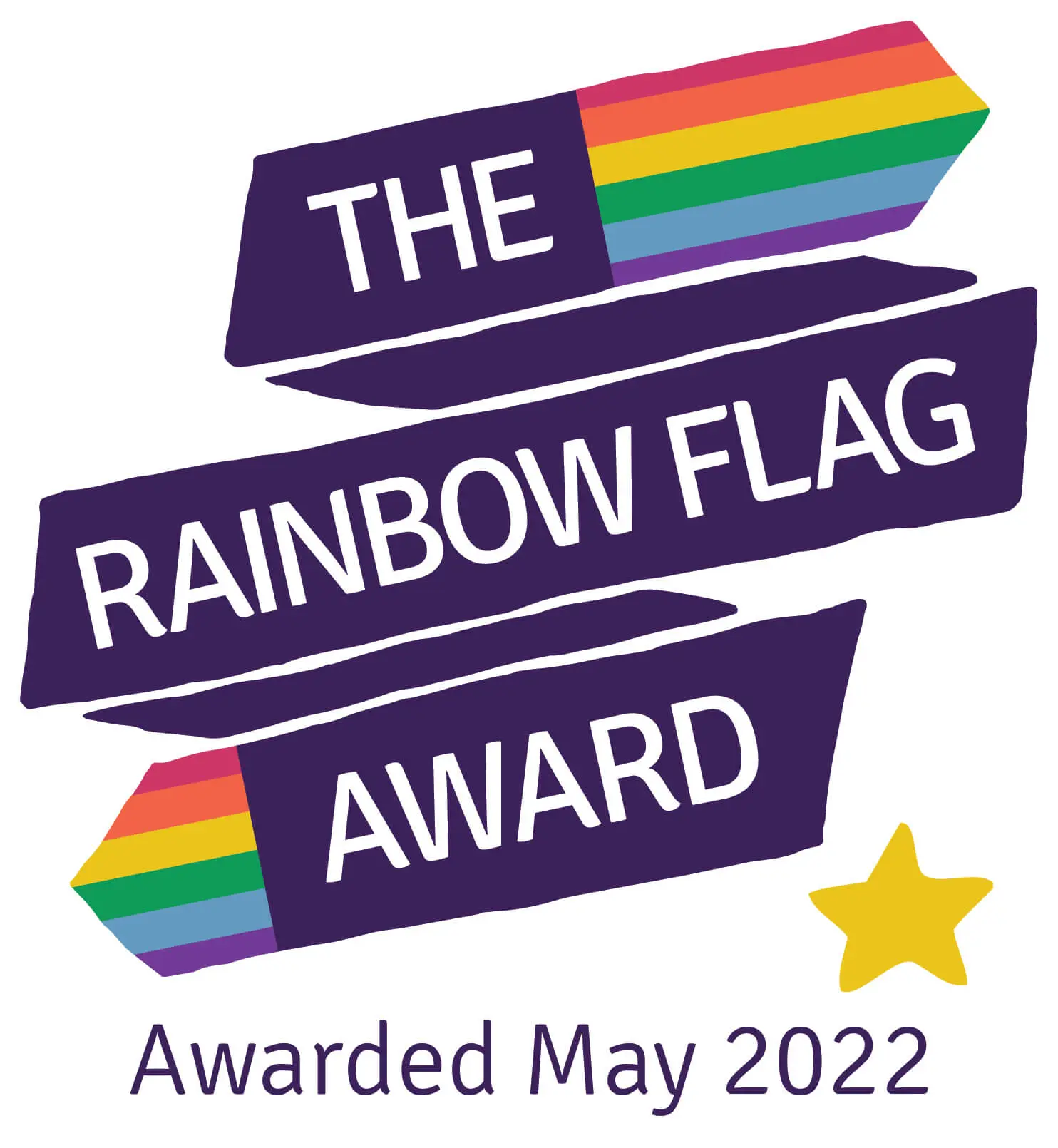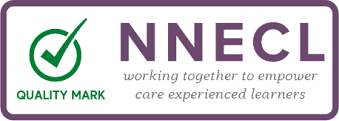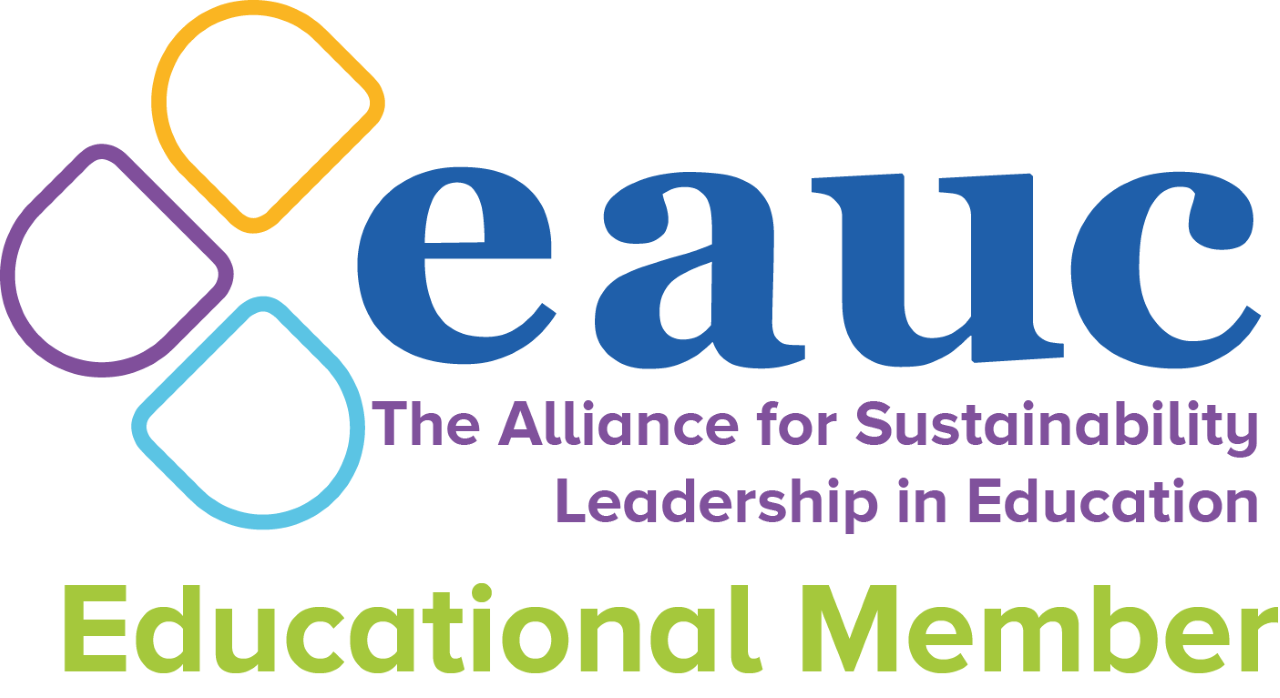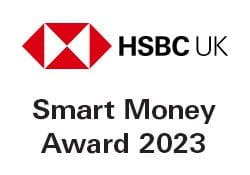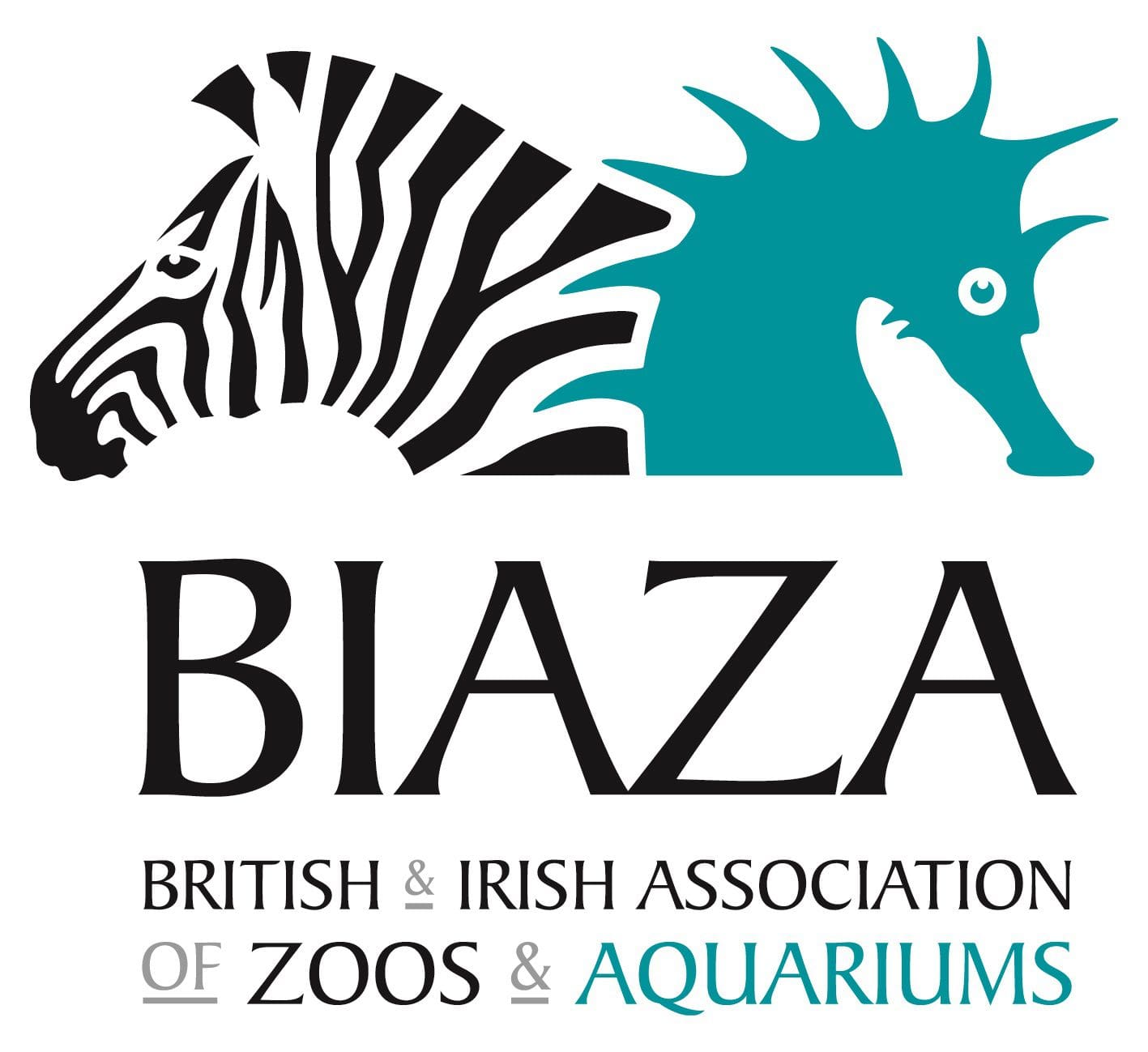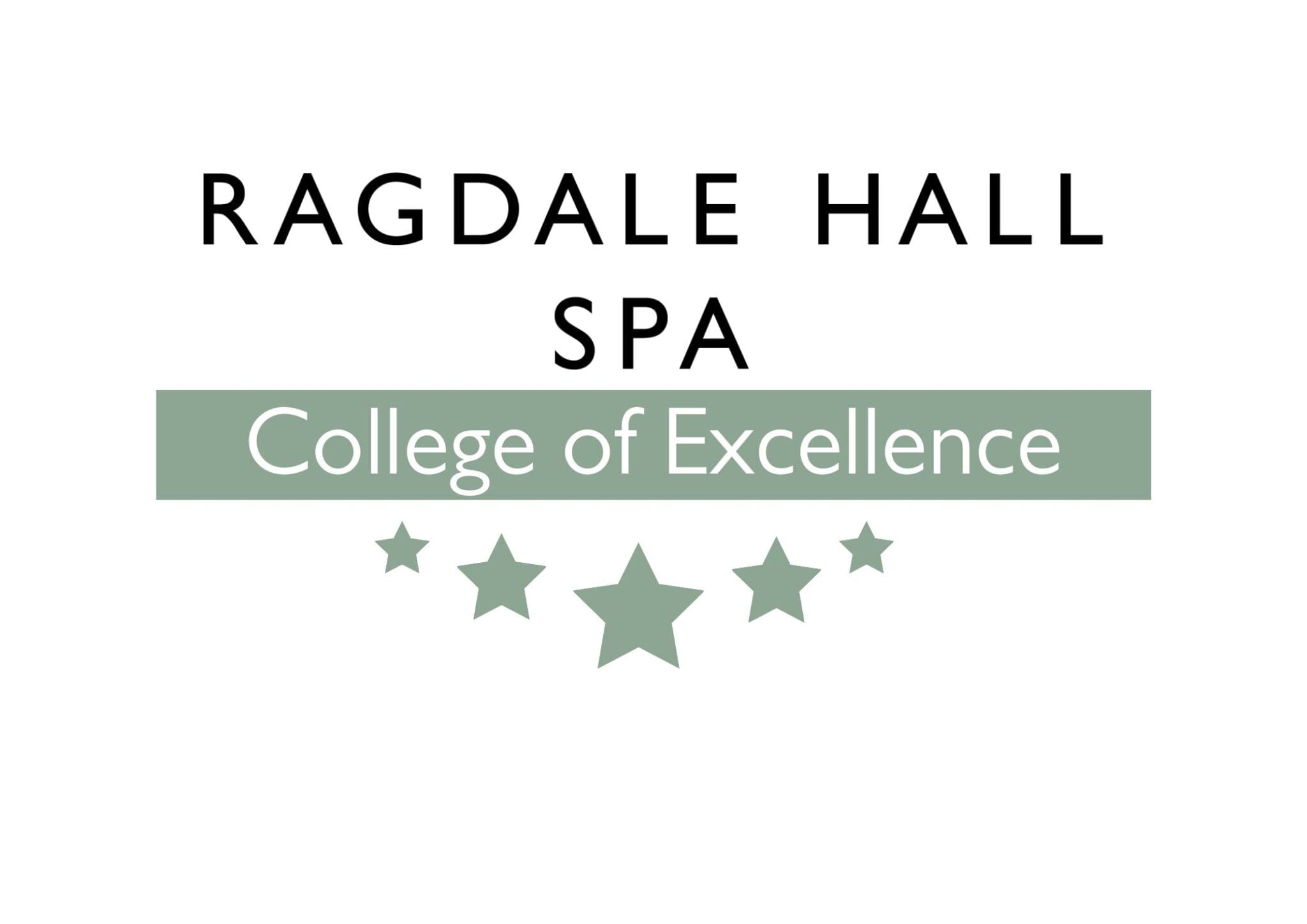Coronavirus (COVID-19) information for students and staff
Update – Friday 30th July 2021
Thank you to all students and staff for their support over the academic year.
The college will welcome its students, staff and visitors to campus in the autumn term, where we will continue to ask they conduct lateral flow tests (LFT) twice weekly. It’s likely students will meet with others during the summer holidays, and because of this the college will offer students two onsite lateral flow device tests. These tests will be three to five days apart in the autumn term.
Safety remains our priority and we will be revisiting our risk assessments and Covid-19 measures over the summer in accordance with government guidance and recommended practice.
We will also continue to support our vulnerable students, working with the local authority and other professionals where appropriate.
We encourage all students to take up the offer of both vaccine doses as and when they become eligible. The Covid-19 vaccination is being offered to all aged 18 and over at local sites run by GPs or community pharmacies, at larger vaccination centres and in some hospitals. To book or manage your coronavirus (Covid-19) vaccination, click here: https://www.nhs.uk/conditions/coronavirus-covid-19/coronavirus-vaccination/book-coronavirus-vaccination/
The college remains vigilant about new and additional safeguarding concerns. If you have any safeguarding concerns, please speak to Lynn Pass via email or phone:
Email: lpass@halesowen.ac.uk
Phone: 0121 602 7777
If you are a vulnerable student and have concerns, please let Learning Support know by contacting Helen Stockdale via email or phone:
Email: hstockdale@halesowen.ac.uk
Phone: 0121 602 7777
Latest FAQs
Do I need to report a confirmed positive Covid-19 case to the college?
We would ask Students and staff to please report positive cases to the college as normal using the online absence system at the bottom of the page so monitoring and reporting can take place
Will the College be offering testing to those who attend Campus?
Up to one third of people who have coronavirus are asymptomatic. By testing we will help to reduce the spread in the college setting through asymptomatic transmission. The College therefore strongly encourages those returning to college to be tested.
The lateral flow tests are quick and easy to undertake, using a swab of the nose and throat. Results take around half an hour from testing. You should inform the college of a positive test result. You will also receive a text/email confirmation of a positive or negative result from the online NHS system when you register your result. Tests are free of charge.
This testing programme at college is for people with no symptoms. If you develop symptoms at any time (including a high temperature; a new, continuous cough; or a loss or change to their sense of smell or taste) you must immediately self-isolate, and book a test by calling 119 or visiting Book a Test.
What about data collected through the coronavirus asymptomatic testing program?
Information regarding the data collected is included in a document at the top right of this page.
What do I do if I show symptoms or I live with someone who shows symptoms of coronavirus?
Students showing any symptoms of coronavirus (a high temperature, a new continuous cough or loss or change in their sense of smell or taste) should not attend College or attempt to travel to College. This is also the case if they are living with someone who is displaying these symptoms.
If a student displays any symptoms during the College day, they will need to leave the College site.
Students will be taken to a designated room to wait for parents/carers or a taxi to collect them.
An enhanced cleaning regime is in place and this will be deployed after the student has left the site.
Students will not be able to return until they are free from symptoms and the proper period of self-isolation has passed, or they are free from symptoms and have had a negative test result.
Tests can be booked on the NHS Test and Trace Website or by calling NHS 119. The College must be informed of a positive or negative result.
What are the rules regarding hygiene/handwashing?
Soap in toilets will be checked and replenished throughout the day. Any issues can be reported through QR codes in the toilets.
Hand sanitiser stations are in place at the speed gates and staff will be on duty to ensure that students use them as they enter.
There is hand sanitiser at the entrance to every block.
Toilets have handwashing instructions clearly displayed.
Ensuring Good Respiratory Hygiene by Promoting “Catch it, kill it, bin it”
Posters will promote the message around the College.
Students should bring in their own tissues to College, but tissues and bins are available around the College.
Cleaning “Frequently Touched Surfaces” Using Standard Products Such as Detergents and Bleach
Cleaning staff are scheduled throughout the day to clean frequently touched surfaces and toilets.
How’s the College minimising contact and mixing on Campus?
Students will be taught in distinct groups and the groups will be kept separate as much as possible.
Wherever possible, classrooms will be arranged so that desks are in rows with students facing forward.
Students should bring their own equipment and not share it.
Students within the same group can share College equipment but it will be cleaned regularly as part of the new cleaning routine.
Students will be required to wear face coverings on College coaches.
There will be a mix of online and face-to-face learning to limit numbers of students on campus.
Students will have been given a full induction of how to access online learning and lessons and these will be clearly timetabled alongside their face-to-face learning.
Students will have been surveyed at induction to ensure they have the necessary equipment for online learning. If any students are concerned that they do not have the necessary equipment for online learning, they are asked to inform their Personal Coach as soon as possible.
How is the College managing the retail and catering outlets?Updated
The College’s B63 Bistro, Elliott’s and Starbucks will be open in line with government guidance for retail and hospitality .
Please wear a face covering when buying food and drinks in all outlets. When you are seated to eat/drink you may remove your face covering.
Capacity will be limited, and staff will manage the number of people inside.
Please queue in a way that maintains social distance and respects other people’s space.
Sanitise your hands before eating.
Dispose of your own litter.
Wipe down your table using the sanitiser/wipes provided.
At Whittingham Road the following outlets will be open:
- Elliot’s@B63 in Block 8
- Main servery – selling breakfast rolls, a range of sandwiches, drinks, jackets potatoes and snacks
- Toaster
- Selling toast for breakfast and paninis for lunch
- Spice Shack
- Selling seasoned wedges and samosas
- Starbucks Block 11
- Bistro@B63 – Block 2
- Book a table or takeaway service available
- Breakfast/Brunch
- 0800-1400
- Lunch
- 1200-1400
- Cakes, Hot and Cold Drinks Only
- 1400-1530
At Shenstone House the following outlets will be open:
- Munch @SH is open on floor 3 for breakfast and lunch
At Coombs Wood the following outlets will be open:
- Munch is open for sandwiches, snacks and drinks
How do I pay for things on Campus?
Please pay contactless wherever possible using a College Card or a debit/credit card.
Do I need to wear a face covering at College?Updated
We have updated our guidance on the wearing of face coverings, which apply to students, staff and visitors
- You must still wear a face covering when travelling to college by public transport or on a college coach.
- You must still wear a face covering in any of the college food outlets (Elliott’s, Starbucks, Bistro, Munch) unless you are seated.
- You will not be required to wear a face covering in teaching rooms, but we will fully support you if you wish to wear one.
- You are encouraged to still wear a face covering when moving around busy areas where social distancing cannot be maintained.
Staff and students should bring their own face covering into College as we cannot provide these on an ongoing basis.
It is essential that face coverings are worn safely, and students are discouraged from touching their face and wearing a mask that is not clean. When removing a mask, students should wash their hands first then place the mask in a sealable, plastic bag for storage, reversing the process when putting it back on. Students should ensure they have a suitable bag to store it in for times when it is not in use.
How is the College support services going to work this academic year?
For 2020-21 our College Student HUB will be accessible virtually, as well as via bookable face to face appointment. Such services include:
- Students’ Union
- Library and resources
- Learning support
- Counselling and student support
- Careers advice
- Admissions and financial guidance
Do you have any resources for vulnerable learners?
Halesowen College continues to support its vulnerable students. The College’s leads for Safeguarding and Special Educational Needs and Disabilities have identified some key websites and resources which they believe may be useful to our vulnerable students and their families.
If you have any questions or queries, please contact us using the Submit a question option below.
-
Government advice on social distancing for vulnerable people
Government guidance to support families with young people with vulnerabilities, links to government support.
- Government advice on supporting students with SEND during the coronavirus outbreak. Some useful teaching links for students with specific learning disabilities.
- MIND, a good, clear and comprehensive site regarding mental health and wellbeing
- Anxiety UK
-
British Association for Supported Employment
Information for students who would have been working as part of their college course, useful information about your job and support whilst the business is unable to support you in work.
-
Books beyond words, advice, and free downloadable book
Books beyond words have produced some books without words to explain some of the confusion surrounding the coronavirus for student with a learning disability or communication difficulties.
-
Mencap, an easy Coronavirus reading guide
A guidance about the coronavirus in an easy to read format for students with learning disabilities.
-
National Development Team for Inclusion
A website that includes links to support the rights of students with disabilities and their families during the current pandemic.
-
National Autistic Society, includes resources and tips online, and a social story
Supporting resources for people with autism and their families, some great case studies of autistic peoples experience during the lockdown.
-
Coronavirus support for employees, benefit claimants and businesses
Helpful link to explain the procedures to claim universal credit during the pandemic.
- Place2Be – Children’s Mental Health Charity
- Counselling Changes Lives
Your Health and Wellbeing
It is normal to feel stressed and anxious during such difficult times. Below is our advice for protecting your mental health and well-being while the world navigates this ever-changing situation:
- If you are studying at home, try to stick to a routine. Get up at your normal time, get dressed and eat breakfast as you usually would. Have a plan for your day and stick to it. Where possible, create a work station that you can leave at regular intervals for breaks
- Eat well, drink lots of water and exercise at home – looking after your physical health will have a positive impact on your mental health
- Focus on fact, not rumour and speculation. Only follow reports from trusted news outlets or a credible source, such as the World Health Organisation. Try to limit the amount of time you spend listening to/reading/watching news reports
- Where possible, follow advice given by health agencies and the government to protect you and your loved ones, including looking after your personal hygiene (wash your hands), cleaning surfaces and self-isolating, particularly if you/they fall into one of the at-risk groups
- While social distancing is advised, you can use social media positively to keep in touch with your friends and family. Seek out some of the many stories of kindness and support people are sharing on-line
- If you are well, find out what you can do in your community to support those who are not well or are in an at-risk group
If you need someone to talk to, and know your personal coach’s email address, contact them directly. If not, contact a member of the safeguarding team:
- Lynn Pass: lpass@halesowen.ac.uk – 07458009565
- Haroon Bashir: hbashir@halesowen.ac.uk – 07458064707
- Caroline Walker: cwalker@halesowen.ac.uk – 07458045177
- Sue Crowley: scrowley@halesowen.ac.uk – 07458007696
- Jen Morrison: jennifermorrison@halesowen.ac.uk – 07458045171
- Lee Clulow-Smart: lclulowsmart@halesowen.ac.uk – 07458007697
- Atlanta Hazelwood: ahazlewood@halesowen.ac.uk – 07458064708
Please take care of yourselves and those around you.
Additional Information
- NHS: Coronavirus information
- Public Health England: Coronavirus Q&A
- Public Health England: Self-isolation information
- Public Health England: Stay at home guidance
- Public Health England: Guidance on social distancing
- UK Government: Guidance for educational settings
- UK Government: Find out the steps the UK government is taking
- World Health Organization: Find out more about Novel Coronavirus (2019-nCoV)
If you have any concerns about your health you should use the NHS 111 website initially, or if you have no internet access then contact the free NHS 111 telephone helpline. Check the NHS website for the latest official advice.
To see our previous responses and guidance, please refer to our archive pages available here: https://www.halesowen.ac.uk/home/coronavirus-update-archive/
https://www.halesowen.ac.uk/home/coronavirus-update-archive-2/ https://www.halesowen.ac.uk/home/coronavirus-update-archive-3/ https://www.halesowen.ac.uk/home/coronavirus-update-archive-4/ https://www.halesowen.ac.uk/home/coronavirus-update-archive-5/
https://www.halesowen.ac.uk/home/coronavirus-update-archive-6/
https://www.halesowen.ac.uk/home/coronavirus-update-archive-7


